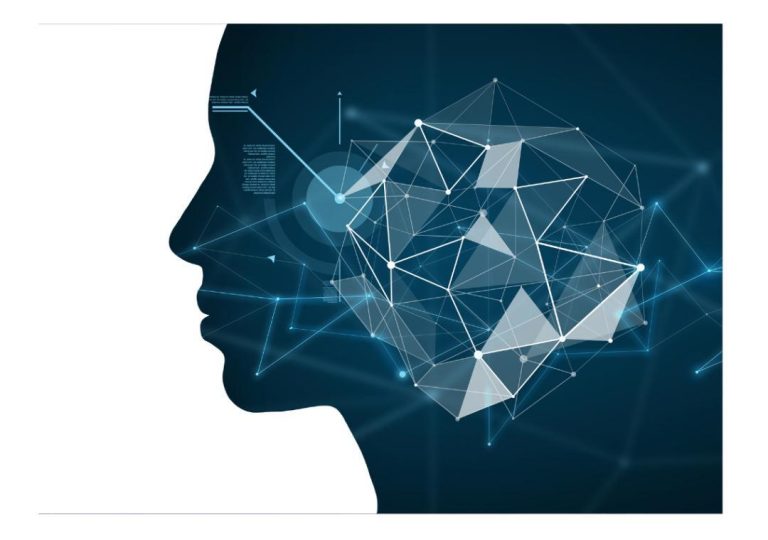
Get Good at Using AI like My Generation Did with Coding: Altman
In a recent statement, OpenAI CEO Sam Altman has advised the graduating class of high school students to focus on developing their skills in using AI tools. Altman’s advice comes as no surprise, given the rapid advancements being made in the field of artificial intelligence. In this blog post, we’ll delve deeper into Altman’s statement and explore the implications of his advice for the future of technology.
According to Altman, getting good at using AI tools is the new “tactical thing” for students to focus on. He drew parallels between the current AI landscape and the era when coding was the primary skillset that companies sought. Just like how coding was the go-to skill for software engineers in the past, AI tools are becoming increasingly essential for professionals in various industries.
Altman’s statement is a wake-up call for students who are about to enter the workforce. With the rapid pace of technological advancements, it’s essential for young professionals to stay ahead of the curve and develop skills that are in high demand. The CEO’s advice is timely, considering the significant impact that AI is expected to have on various sectors, including healthcare, finance, and education.
One of the primary concerns surrounding AI is its potential to disrupt traditional job roles. Altman’s statement suggests that while AI may replace some jobs, it will also create new ones that require professionals to be proficient in using AI tools. In fact, according to a report by Gartner, by 2025, AI will create more than 500,000 new jobs in the United States alone.
So, what does it mean to be “good at using AI tools”? Altman’s statement is not just about being familiar with AI terminology or understanding its theoretical aspects. Rather, it’s about developing practical skills that enable professionals to work seamlessly with AI systems.
In today’s digital landscape, AI is being used across various industries to automate tasks, analyze data, and make predictions. To be effective, professionals need to be able to work with AI tools, understand their limitations, and identify areas where AI can add value to their work.
For students who are interested in developing their skills in AI, there are several areas to focus on. Firstly, understanding the basics of machine learning and deep learning is essential. This includes understanding concepts such as neural networks, natural language processing, and computer vision.
Secondly, developing programming skills in languages such as Python, R, or Julia is crucial. These languages are widely used in AI development and are essential for working with AI tools.
Thirdly, students should focus on developing their data analysis skills. AI systems rely heavily on data to make predictions and take decisions. Professionals who can collect, analyze, and interpret data effectively will be well-positioned to work with AI systems.
Lastly, students should stay up-to-date with the latest developments in AI. This includes following industry leaders, attending conferences, and participating in online forums and discussions.
Altman’s statement is not just limited to students. Professionals in various industries can also benefit from developing their skills in AI. In fact, a report by McKinsey estimates that up to 80% of all industries will be transformed by AI, and professionals who are not familiar with AI will struggle to stay relevant in the job market.
In conclusion, OpenAI CEO Sam Altman’s advice to focus on developing skills in AI tools is timely and relevant. As AI continues to advance and transform various industries, it’s essential for professionals to stay ahead of the curve and develop skills that are in high demand. By focusing on developing practical skills in AI, students and professionals can stay competitive in the job market and make the most of the opportunities that AI has to offer.
Source:
https://news.abplive.com/technology/openai-ceo-sam-altman-ai-tools-coding-learn-upskill-1759339/amp






